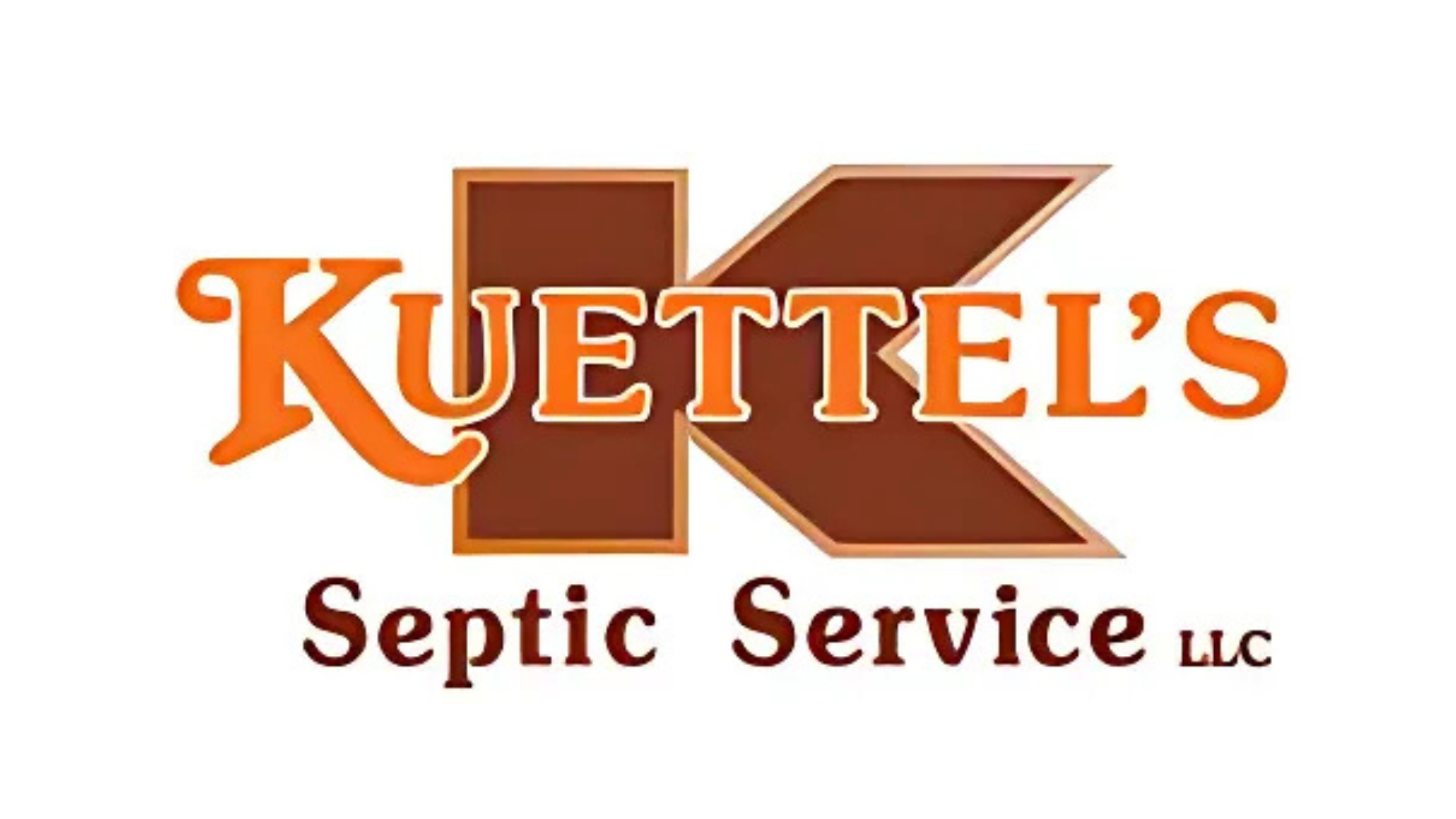Wisconsin Winters and Your Septic System
These cold winter months in Wisconsin can present a unique set of challenges for your septic system! Here are some reminders and tips to help you avoid problems in our frigid weather: Going on vacation? Leaving for the winter to a warmer climate? If so, keep in mind that lines can freeze without regular plumbing […]
Bathroom Cleaning and Septic Systems
Bathroom Cleaning and Septic Systems It’s always good to be aware of the products that go down your drains and the impact it can have on your septic system’s efficiency, performance, and reliability. Septic systems are designed to break down approved materials such as human waste and toilet paper, but many traditional cleaning products have the potential to damage. Here are a […]
Three-Year Maintenance: Inspection vs. Full Pumping Service
Have you received notice from your county that your three years are up? Perhaps you’ve heard about companies advertising 3-year county maintenance inspections for a fraction of the cost of pumping… There are only a few very specific situations where this would apply. The statewide law that requires 3-year maintenance on septic systems states that […]
Winter Tips for Your Septic Tank
Make sure to keep snowplows away from your tank and drainfield. The plows can compact soil or dig up the area around your system and cause damage. When the temperatures drop, you may be concerned about your tank freezing. Completely avoid adding anti-freeze or any other chemicals that could harm the balance of bacteria in […]
Does baking soda help my septic system work better?
Answer: Most enzymes and bacteria grow in a non-acidic environment. By adding baking soda into your septic system, you raise the pH to a neutral condition which makes the bacteria grow faster and digest more of the waste.
Does toilet paper harm my septic system?
The answer is: The softer the toilet paper the more chemicals were used to make it soft. These chemicals can be harmful to your system’s biological activity, just like anti-bacterial soaps and other harsh chemicals are. Pick a brand of toilet paper that is in-between for softness. Look for a brand that is “Septic Safe”. […]

